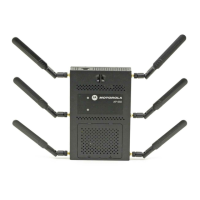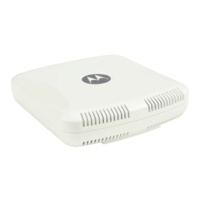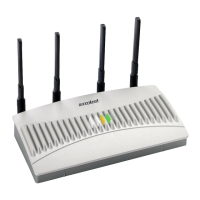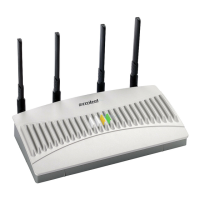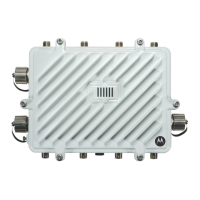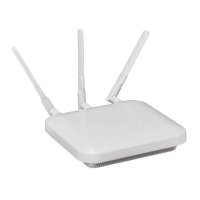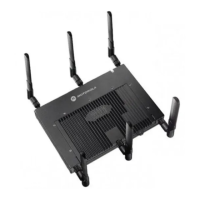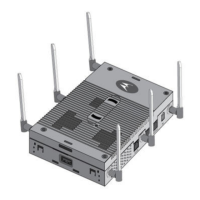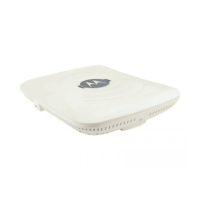Profile Configuration
7-25
7.3 Profile Network Configuration
Setting a profile’s network configuration is a large task comprised of numerous administration activities.
A profile’s network configuration process consists of the following:
• Setting a Profile’s DNS Configuration
• ARP
• Quality of Service (QoS)
• Static Routes
• Forwarding Database
• Bridge VLAN
• Miscellaneous Network Configuration
Before beginning any of the profile network configuration activities described in the sections above, review
the configuration and deployment considerations available in Profile Network Configuration and Deployment
Considerations on page 7-34.
7.3.1 Setting a Profile’s DNS Configuration
Profile Network Configuration
Domain Naming System (DNS) DNS is a hierarchical naming system for resources connected to the Internet
or a private network. Primarily, DNS resources translate domain names into IP addresses. If one DNS server
doesn't know how to translate a particular domain name, it asks another one until the correct IP address is
returned. DNS enables access to resources using human friendly notations. DNS converts human friendly
domain names into notations used by different networking equipment for locating resources. DNS is
supported on an AP-6511 by dedicating DNS server resources.
As a resource is accessed (using human-friendly hostnames), it’s possible to access the resource even if the
underlying machine friendly notation name changes. Without DNS, in the simplest terms, you would need to
remember a series of numbers (123.123.123.123) instead of an easy to remember domain name
(www.domainname.com).
To define the DNS configuration:
1. Select Configuration > Profiles > Network.
2. Expand the Network menu to display its submenu options.
3. Select DNS.

